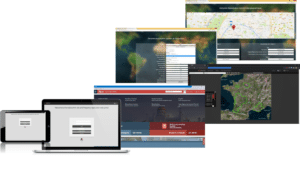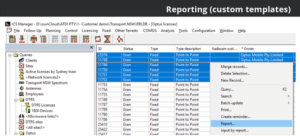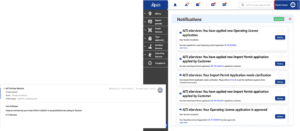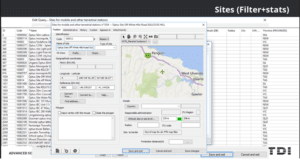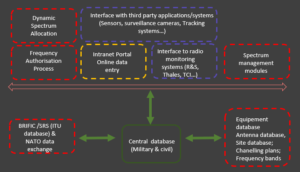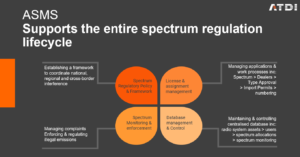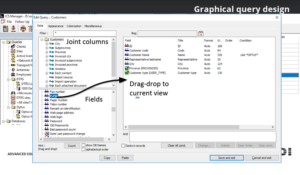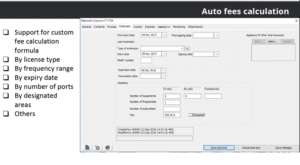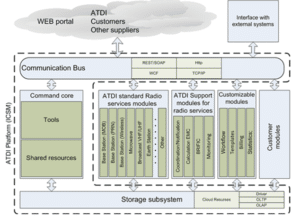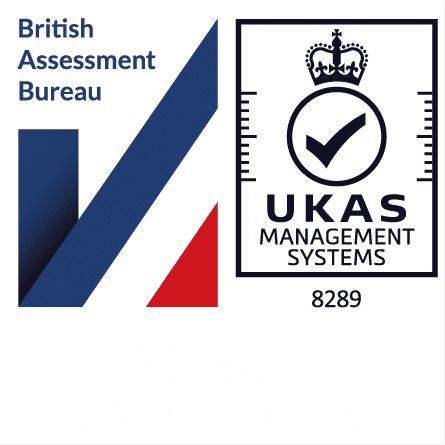ICS Manager is an automated spectrum management solution for spectrum regulators and radio network operators to improve spectrum use and automate systems.
This comprehensive spectrum database solution allows spectrum regulators to manage and optimise spectrum, enable frequency sharing and automate frequency assignment.
ICS Manager contains a data engine that manages data easily and logically in a hierarchal manner for consistent and reliable results.
ICS Manager is compatible with ATDI's flagship radio planning and optimisation software, HTZ Communications and tactical mission planning software, HTZ Warfare.
ICS Manager is a custom solution that integrates and automates the everyday functions of spectrum regulators in civil and military markets. Its powerful database engine enables complex workflows to be automated, reducing user interactions and improving the overall efficiency of the spectrum regulator.
The solution can be easily integrated into a single platform to fit within an existing system or operate as a standalone function. This scalable solution allows spectrum regulators to manage the growing demands for radio spectrum and is compatible with ATDI’s spectrum monitoring solutions and technical analysis tools.
ICS Manager is a back-office solution that supports web portals and other front-end services with dedicated functions such as license applications and assignments, complaint management, creation of frequency allocation tables (FAT), customisable query editor and more.
The product key functions include:
ICS manager is an automated spectrum management solution that manages national and international spectrum resources. It features an evolutionary spectrum management database (SMBD) structure that reduces user interaction times, analyses data in different ways and promotes a disciplined approach to data management. This relational spectrum management database uses Oracle or Access with direct management rights and adapted user profiles.
Key features include:
ICS manager features advanced geospatial analysis functions, and offers access to a free source map data library, as well as access to Open Street Maps and Bing maps with the ability to display Bing address over the cursor.
Spectrum management processes can be streamlined to minimise user interactions and to improve efficiency. ICS Manager features advanced reporting and data sharing options for editing and creating reports.
Key features include:
No two user requirements are the same. ICS Manager is a custom solution that allows users to define their optimal processes and procedures. Custom modifications build-in flexibility, ensuring the solution not only meets but exceeds the end-user needs.
Key features include:
Access to an SQL database is required
Access to a database is not required. This allows connections to external databases such as:
Along with the other key components of the ASMS, ICS Manager can be used as a standalone application or integrated as part of a complete solution.
